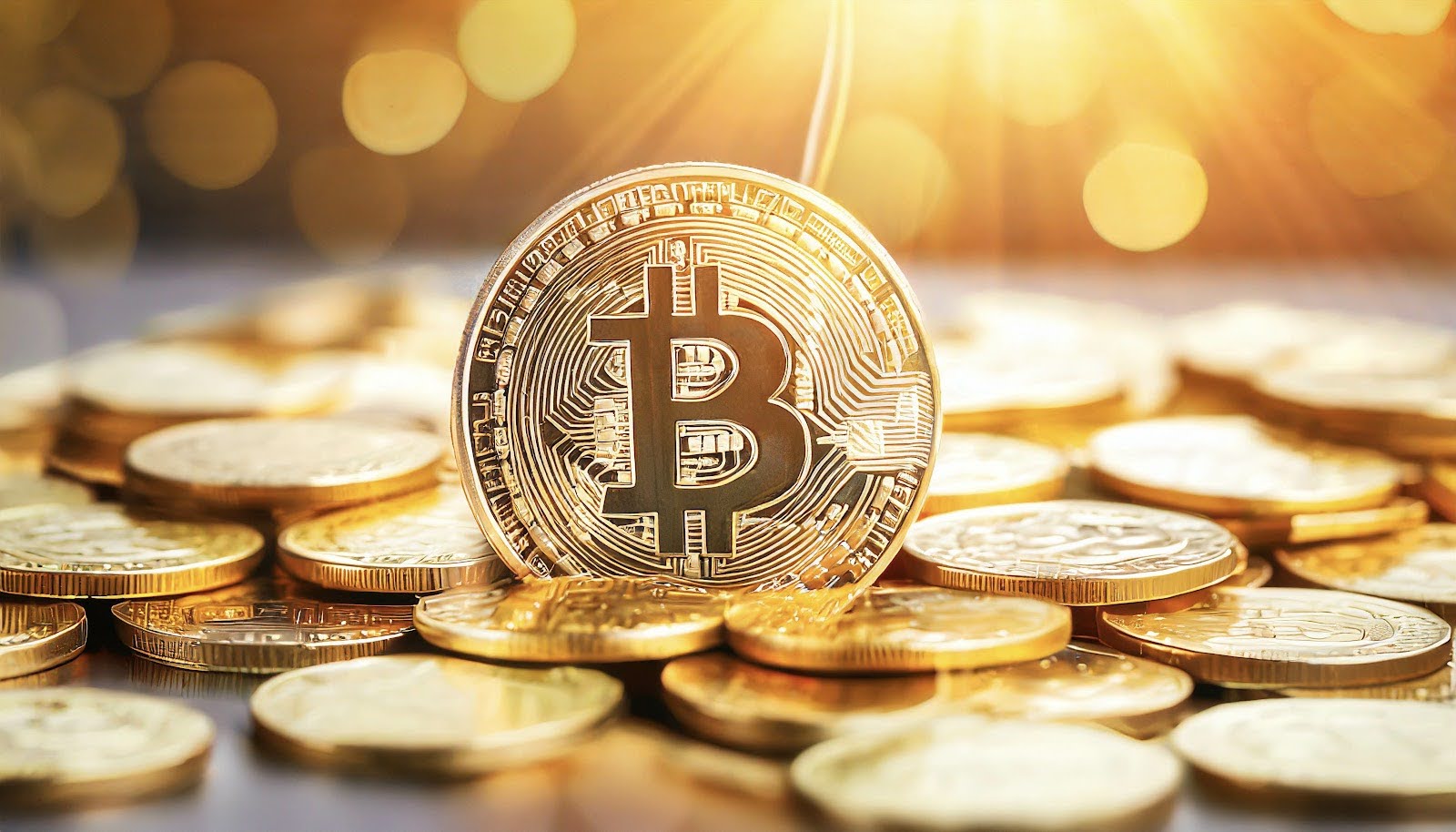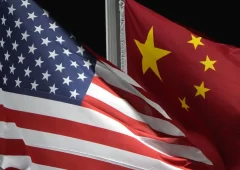Bitcoin Finds a New Role in Global Trade as Nations Look Beyond the Dollar
10.04.2025 11:00 2 min. read Alexander Stefanov
World Liberty Financial (WLFI), a decentralized finance platform positioning itself as a response to growing distrust in traditional systems, may soon find validation in the changing landscape of international trade.
Major global powers are beginning to experiment with Bitcoin as more than just an investment—some are now using it as a currency for cross-border energy deals.
According to VanEck, China and Russia have already begun settling parts of their energy trade using Bitcoin and other digital assets. This shift signals a broader effort to reduce dependency on the U.S. dollar and insulate transactions from Western financial infrastructure.
Other nations are taking similar steps—Bolivia, for instance, recently announced plans to import electricity using crypto, while French utility company EDF is reportedly testing Bitcoin mining as a way to utilize excess energy exports.
These moves align with World Liberty’s founding message: to build an alternative financial framework for those sidelined by centralized systems. Backed by former U.S. President Donald Trump, the project promotes financial independence through decentralized tools, including cryptocurrency adoption.
Despite market volatility, Bitcoin has consistently outpaced traditional indexes like the Nasdaq, with VanEck’s Matthew Sigel pointing out that macroeconomic shifts may further support its rise. If U.S. growth slows and inflation remains in check, the Federal Reserve could pivot toward lower interest rates—conditions that have historically fueled Bitcoin rallies.
Sigel also emphasized watching the U.S. Dollar Index (DXY). A weakening dollar, coupled with geopolitical shifts, could accelerate Bitcoin’s transition from speculative asset to global settlement currency.
For projects like World Liberty, the message is clear: the tide may finally be turning toward the decentralized future they’ve been building for.
-
1
Crypto Inflows hit $1B Last Week as Ethereum Outshines Bitcoin in Investor Sentiment
07.07.2025 20:30 2 min. read -
2
Public Companies Outpace ETFs in Bitcoin Buying: Here is What You Need to Know
02.07.2025 12:30 2 min. read -
3
Robert Kiyosaki Buys More Bitcoin, Says He’d Rather Be a ‘Sucker Than a Loser’
02.07.2025 22:00 1 min. read -
4
This Week in Crypto: Whale Accumulation, Ethereum Signals, and a Sentiment Shake-Up
05.07.2025 21:00 3 min. read -
5
BlackRock’s IBIT Bitcoin ETF Surpasses 700,000 BTC in Record Time
08.07.2025 19:00 2 min. read
Over $5.8 Billion in Ethereum and Bitcoin Options Expired Today: What to Expect?
According to data shared by Wu Blockchain, over $5.8 billion in crypto options expired today, with Ethereum leading the action.
IMF Disputes El Salvador’s Bitcoin Purchases, Cites Asset Consolidation
A new report from the International Monetary Fund (IMF) suggests that El Salvador’s recent Bitcoin accumulation may not stem from ongoing purchases, but rather from a reshuffling of assets across government-controlled wallets.
Ethereum Sparks Altcoin Season as FOMO Shifts Away From Bitcoin
Traders are rapidly shifting their focus to Ethereum and altcoins after Bitcoin’s recent all-time high triggered widespread retail FOMO.
BSTR to Launch With 30,021 BTC, Becomes 4th Largest Public Bitcoin Holder
BSTR Holdings Inc. is set to become the fourth-largest public holder of Bitcoin, announcing it will launch with 30,021 BTC on its balance sheet as part of its public debut.
-
1
Crypto Inflows hit $1B Last Week as Ethereum Outshines Bitcoin in Investor Sentiment
07.07.2025 20:30 2 min. read -
2
Public Companies Outpace ETFs in Bitcoin Buying: Here is What You Need to Know
02.07.2025 12:30 2 min. read -
3
Robert Kiyosaki Buys More Bitcoin, Says He’d Rather Be a ‘Sucker Than a Loser’
02.07.2025 22:00 1 min. read -
4
This Week in Crypto: Whale Accumulation, Ethereum Signals, and a Sentiment Shake-Up
05.07.2025 21:00 3 min. read -
5
BlackRock’s IBIT Bitcoin ETF Surpasses 700,000 BTC in Record Time
08.07.2025 19:00 2 min. read


